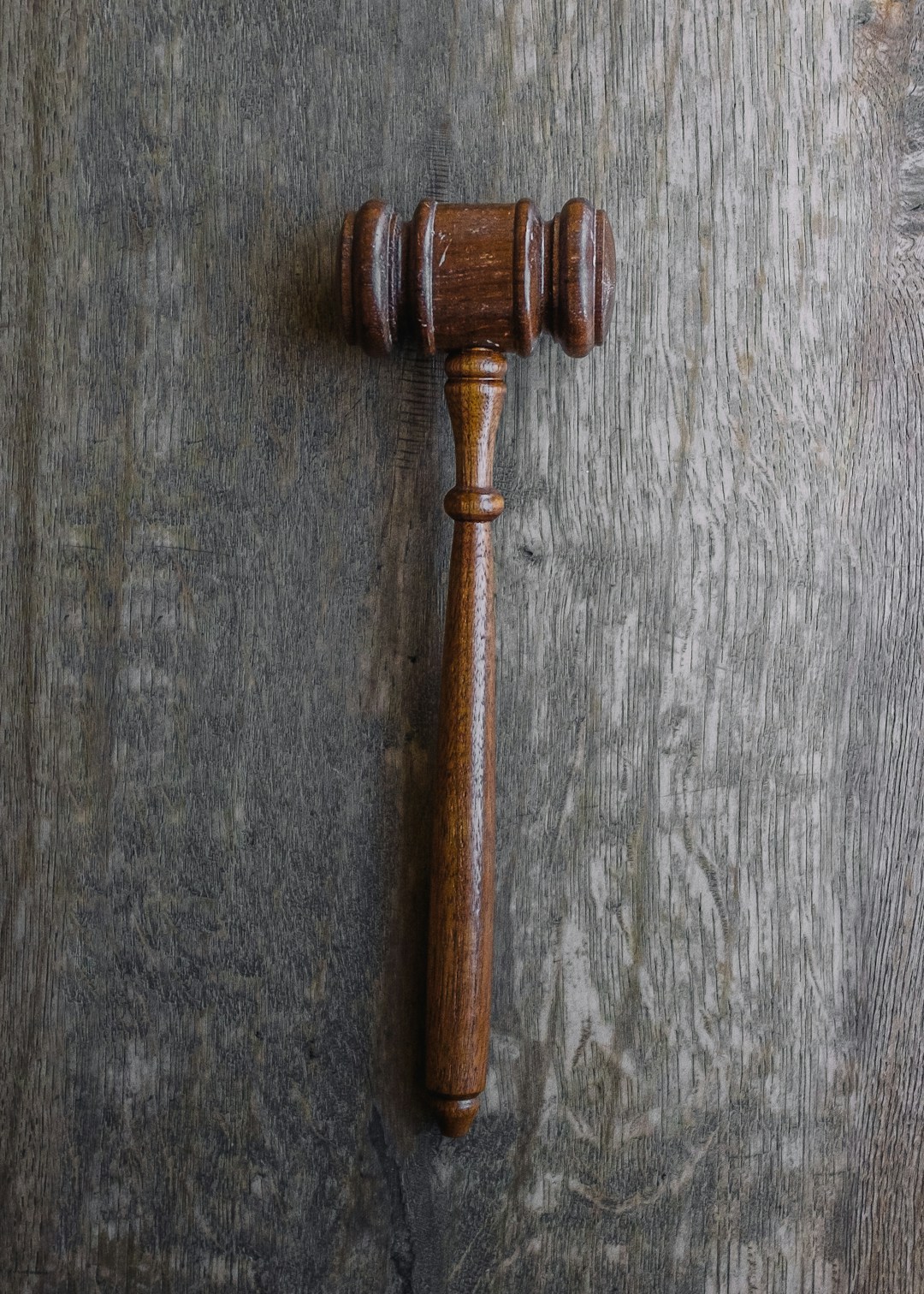Poetry is a poem by Marianne Moore, which reveals the profound sense of poetry as a place for the genuine. Can poetic reflection push us to be more authentic? In great part, this is the reason why Poetry still inspires me so much.
This post belongs to my Poetry & Management collection. Poetry has always been one of my favourite forms of expressions, probably one of the eclectic sides of my multipotentialite trait. I feel it can be really useful as support in our management and leadership quests, as it is probably one of the greatest tools of sense-making and self-expression. Which is why I will be sharing more of these over time.
Poetry
I too, dislike it: there are things that are important beyond all this fiddle. Reading it, however, with a perfect contempt for it, one discovers that there is in it after all, a place for the genuine. Hands that can grasp, eyes that can dilate, hair that can rise if it must, these things are important not because a
high-sounding interpretation can be put upon them but because they are useful; when they become so derivative as to become unintelligible, the same thing may be said for all of us—that we do not admire what we cannot understand. The bat, holding on upside down or in quest of something to
eat, elephants pushing, a wild horse taking a roll, a tireless wolf under a tree, the immovable critic twinkling his skin like a horse that feels a flea, the base- ball fan, the statistician—case after case could be cited did one wish it; nor is it valid to discriminate against “business documents and
school-books”; all these phenomena are important. One must make a distinction however: when dragged into prominence by half poets, the result is not poetry, nor till the autocrats among us can be “literalists of the imagination”—above insolence and triviality and can present
for inspection, imaginary gardens with real toads in them, shall we have it. In the meantime, if you demand on the one hand, in defiance of their opinion— the raw material of poetry in all its rawness, and that which is on the other hand, genuine, then you are interested in poetry.
Marianne Moore
Source: Others for 1919: An Anthology of the New Verse, edited by Alfred Kreymborg.
A Short Comment
Writing of Poetry in a Poem seems an exercise of self-reflection and sense-making. Poetry becomes a place for the genuine: in a world where fake news seems to reign, the idea that poetry can constitute a realm of necessary authenticity is refreshing. We do not admire what we cannot understand seems a call for simplicity and intelligibility, a prime goal for a poet, as well as for any communicator. There is not a hierarchy between forms of communication, including business documents. Each has its value, and not everything can be brought to poetry. There seems to be also a call to match the existing reality, and not suppress it from the distance of a poetic ivory tower.
Yet, the role of the poet in all its rawness is that which is genuine. A strong message on the importance of representing the reality through true emotions, as solely poetry can do. Why is this message important in a business context? Because we always have to balance our selves in the quest for displaying our authentic ego. Too often we run away from this, hiding and forgetting to portray a strong leadership vision instead.
What do you think of this poem? Add your comment below.

Comments and Feedbacks
More posts like this










